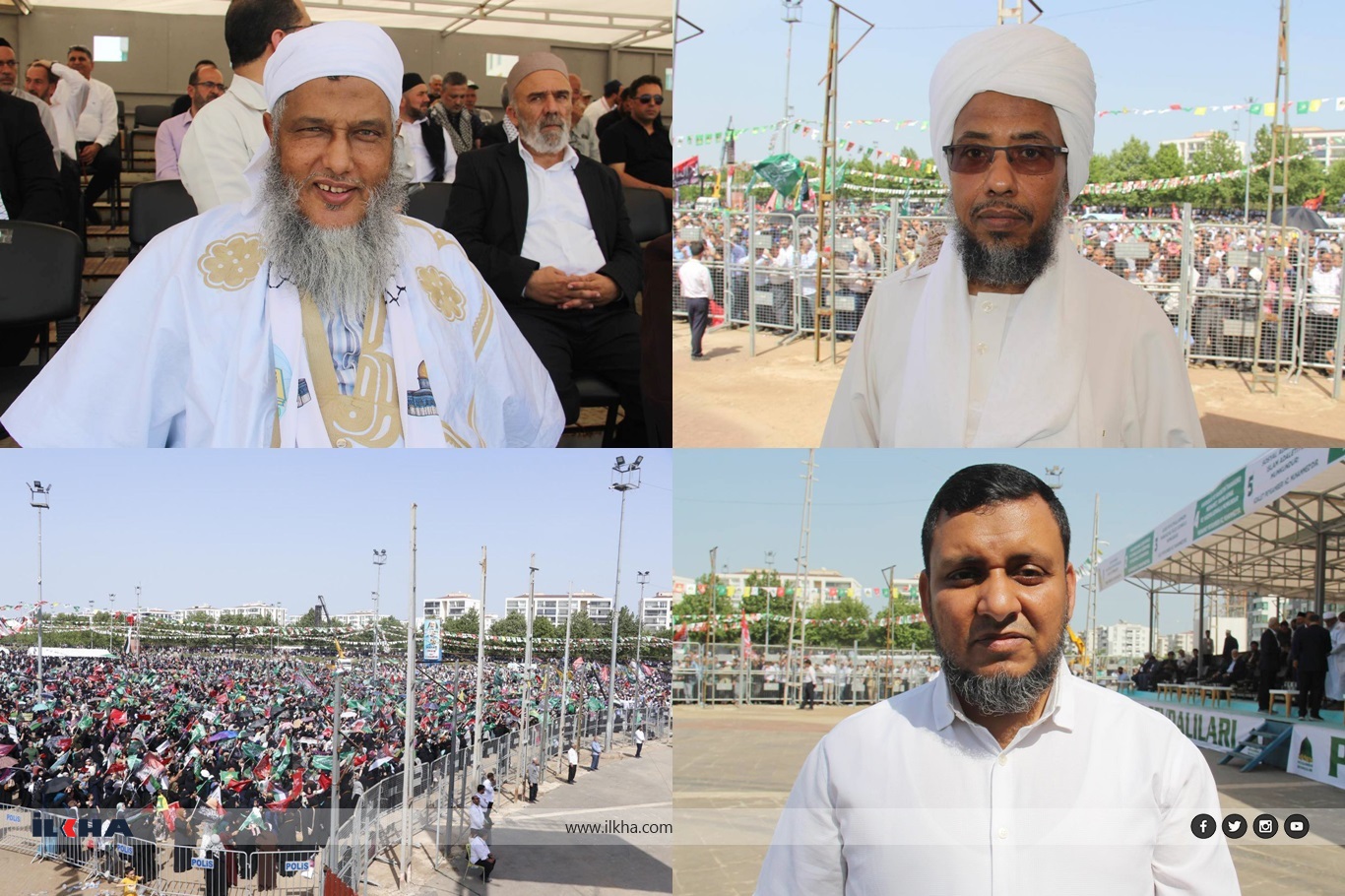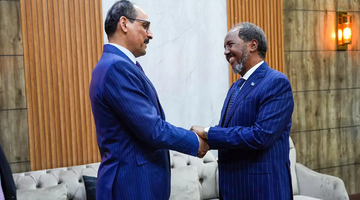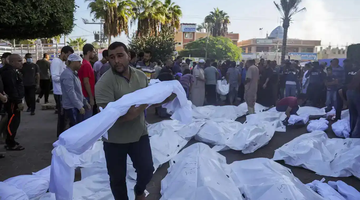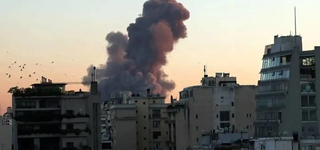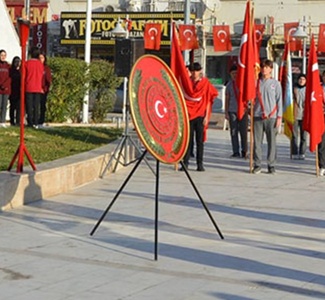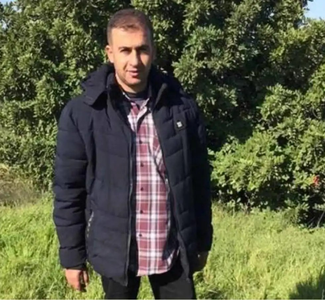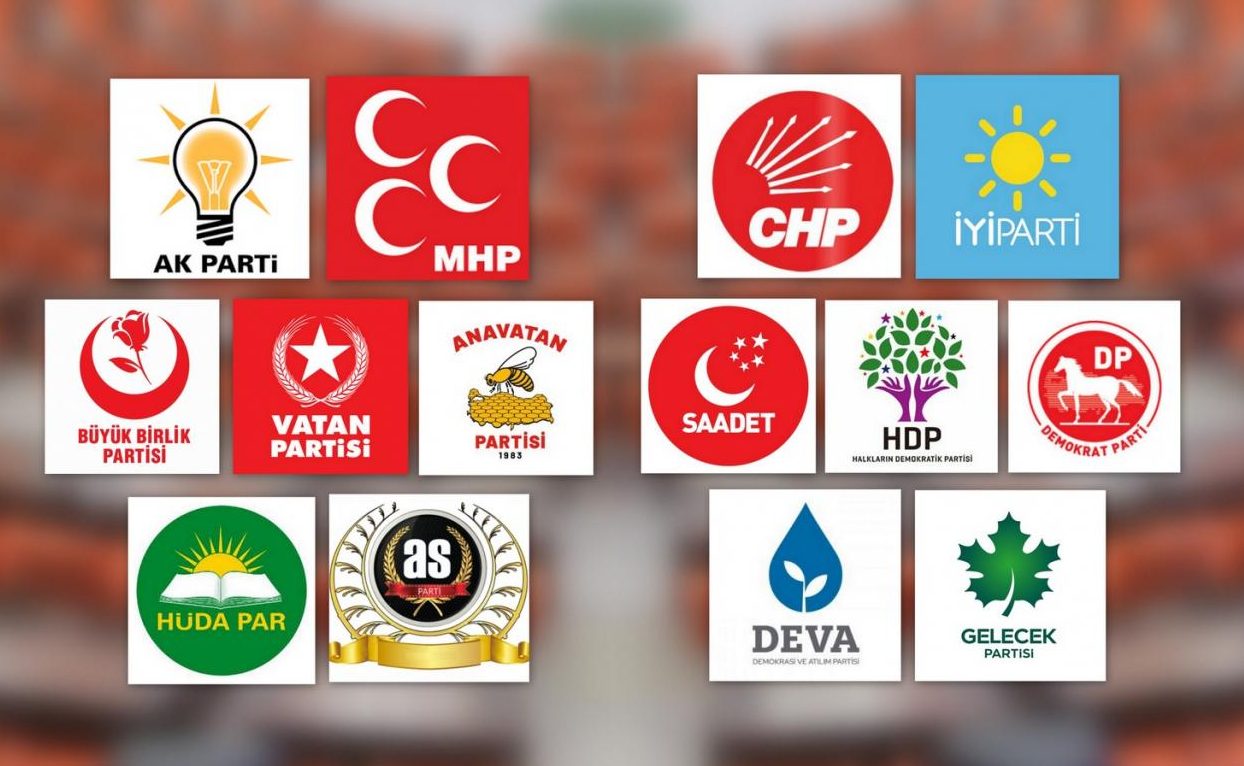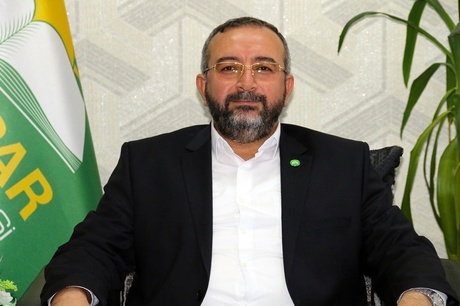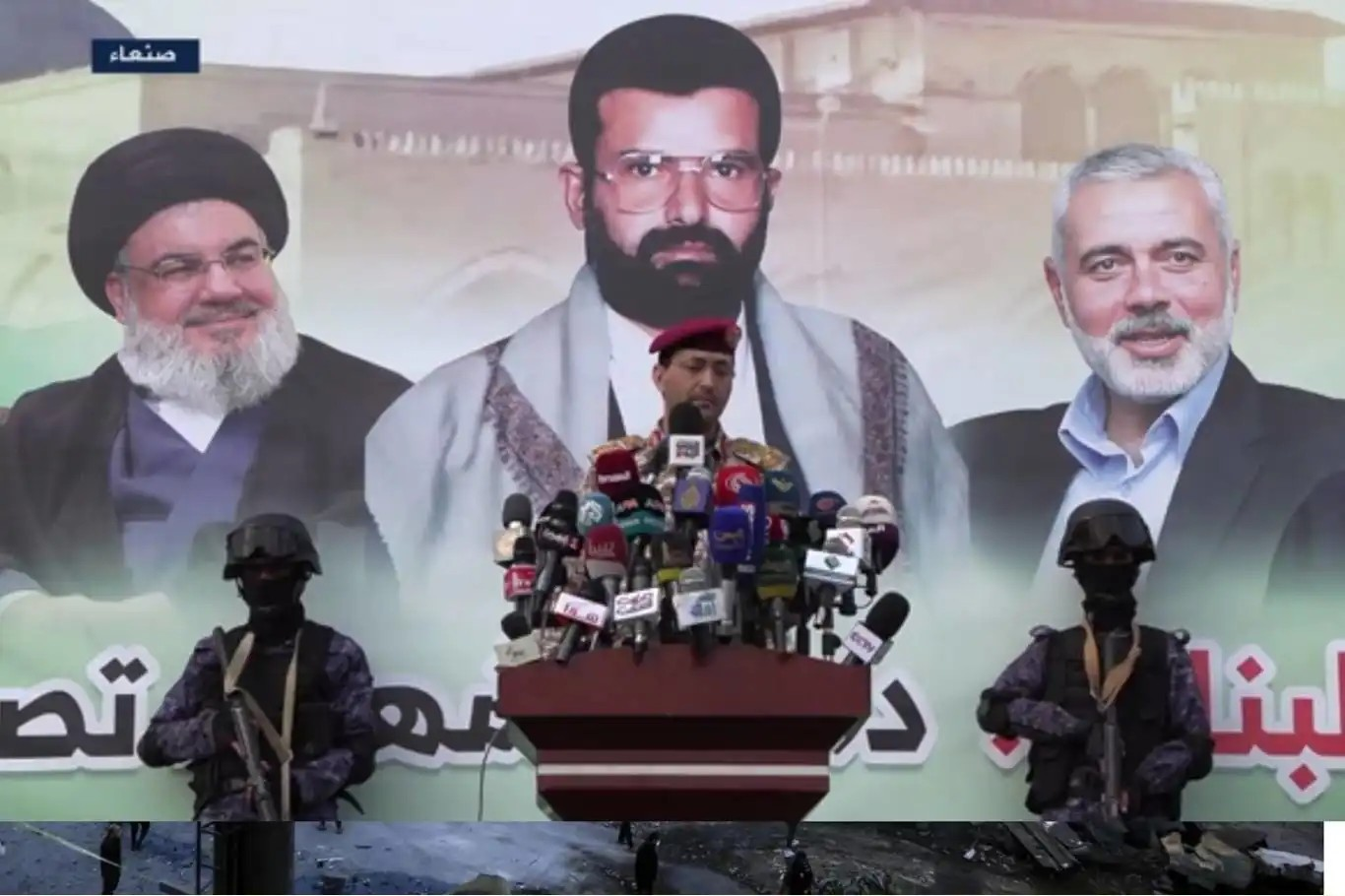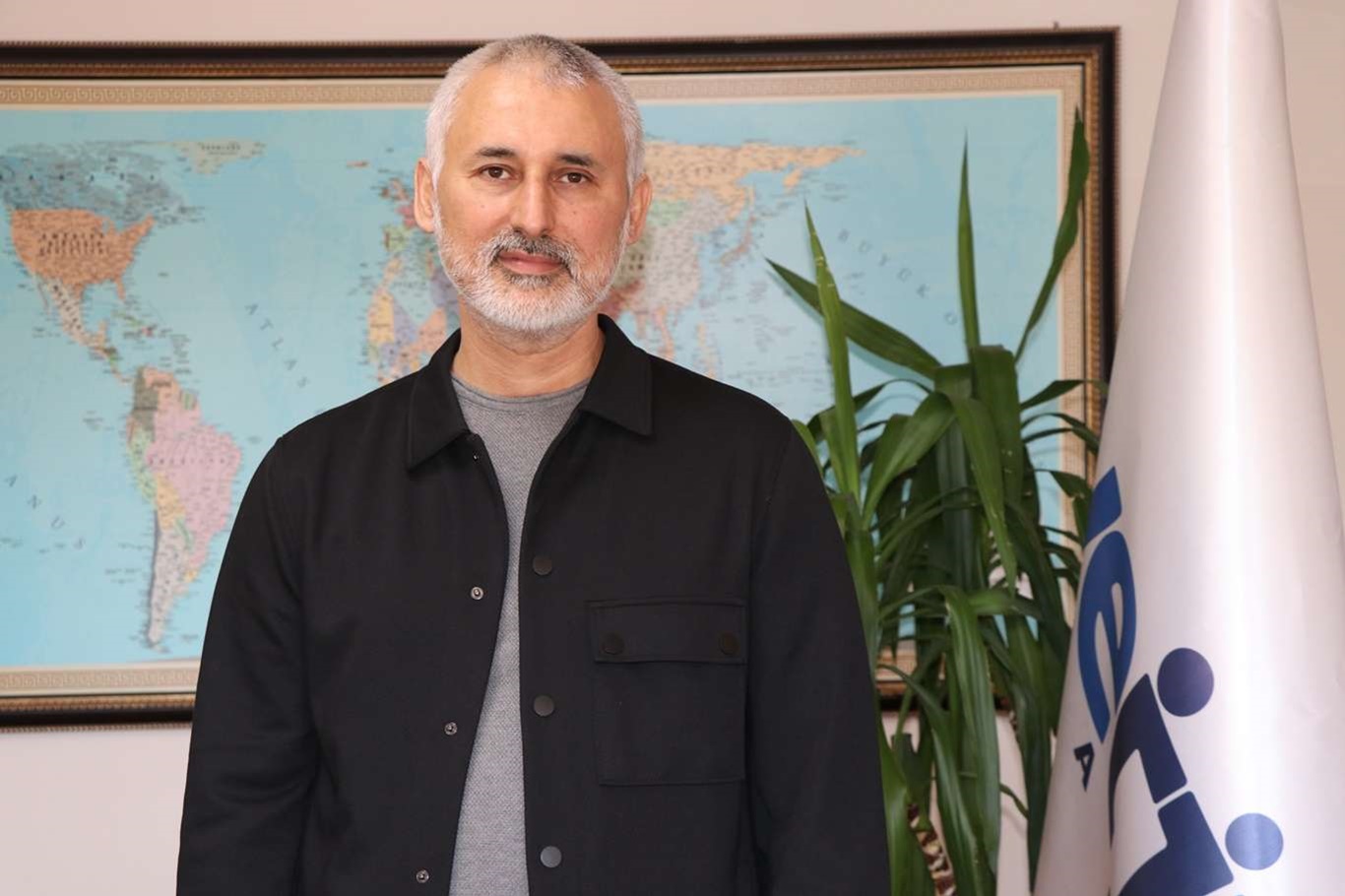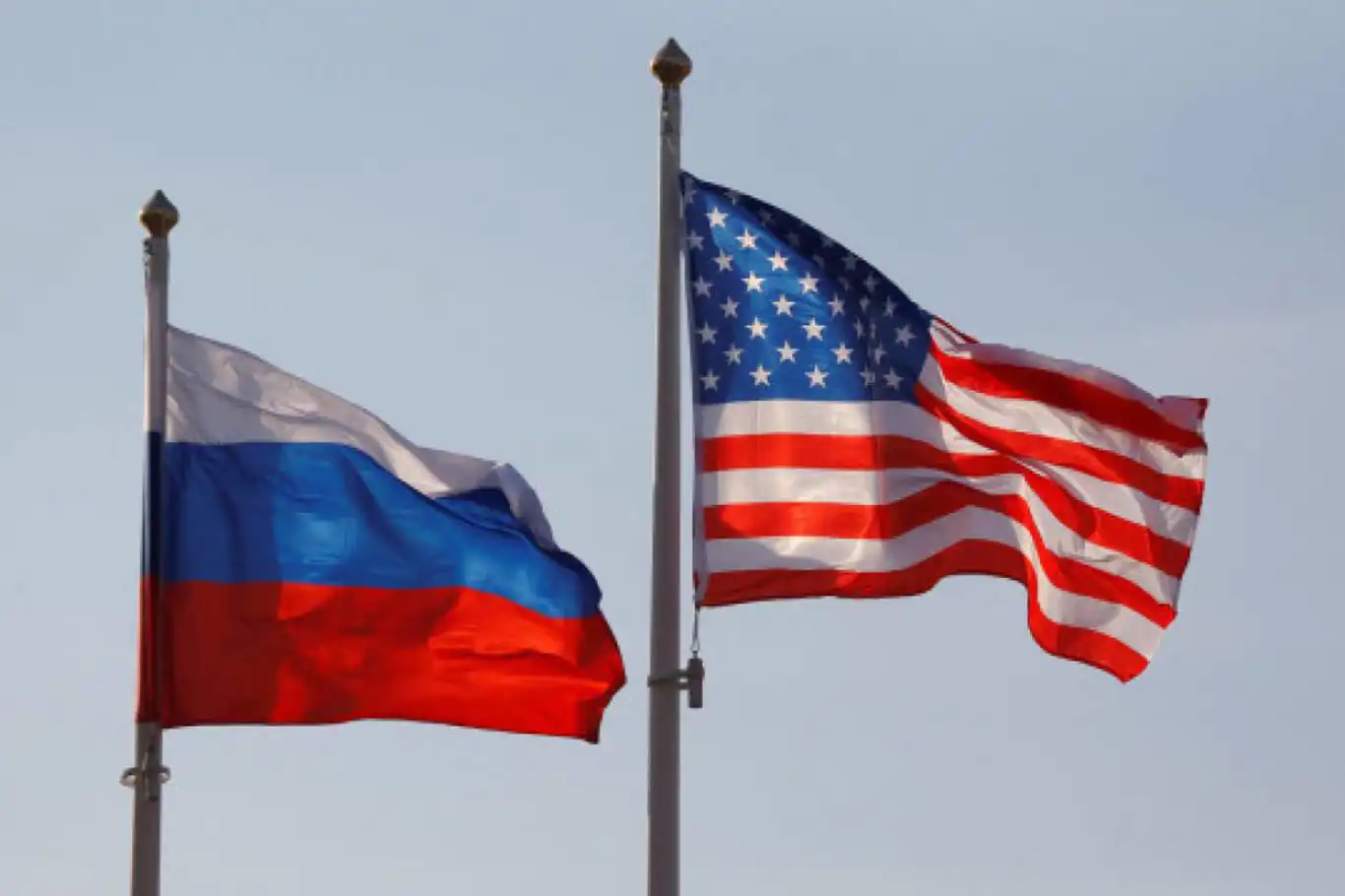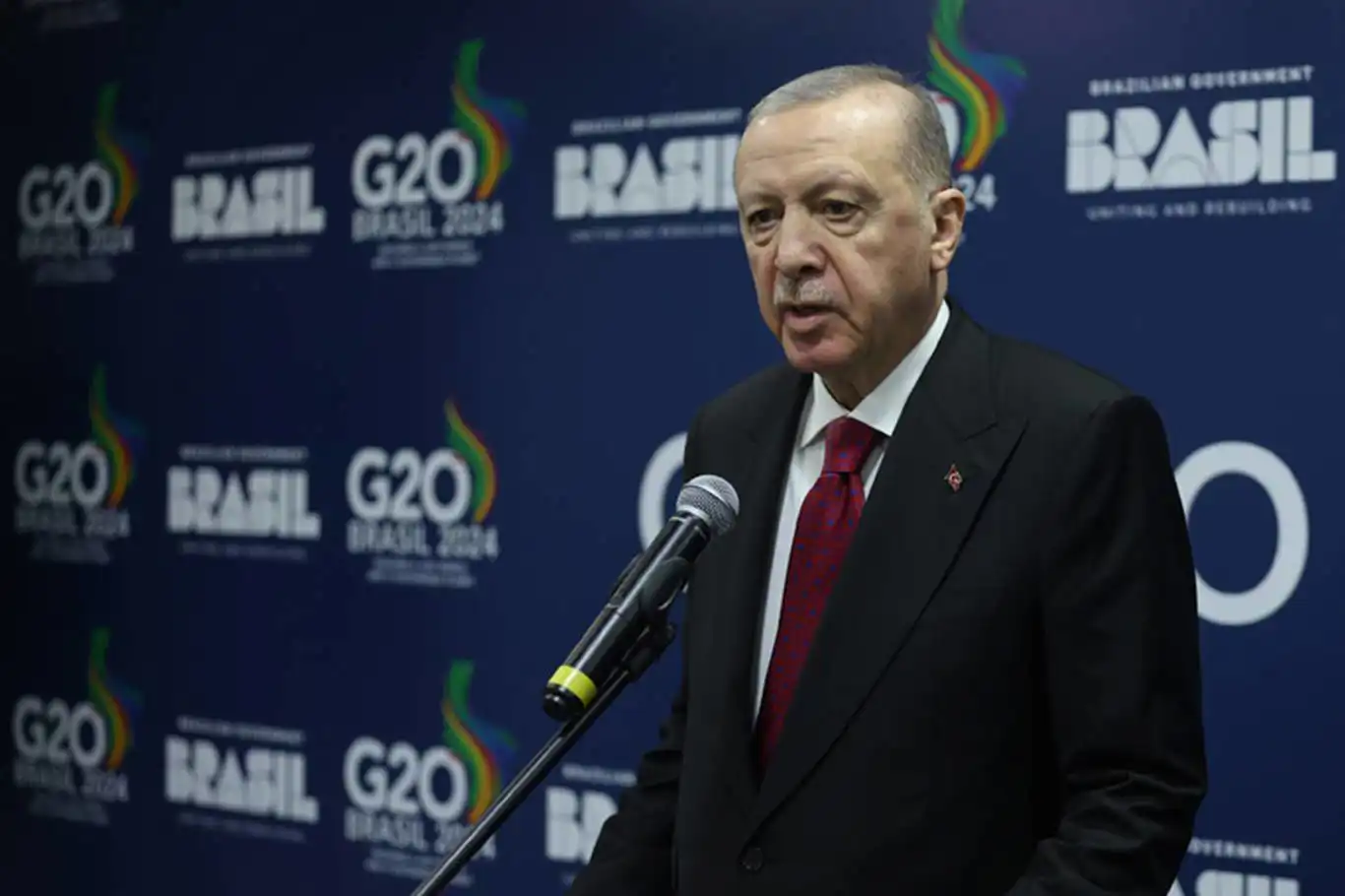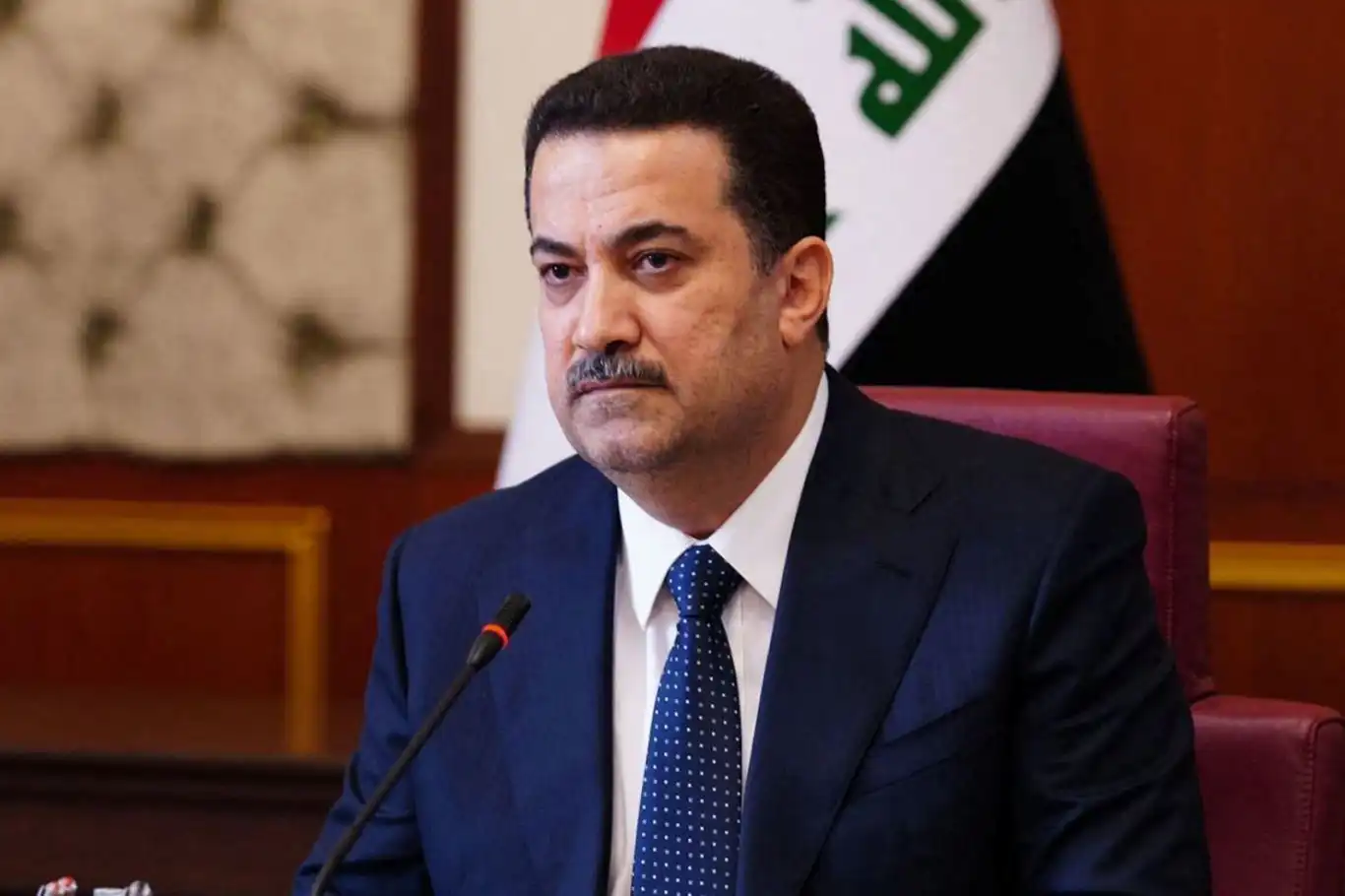Prophet Muhammad's jihad leadership spotlighted by scholars at Mawlid gathering
A Mawlid al Nabi celebration organized by the Prophet’s Lovers Foundation in Diyarbakır, Türkiye, sparked discussions on the Prophet Muhammad's (PBUH) role in jihad.
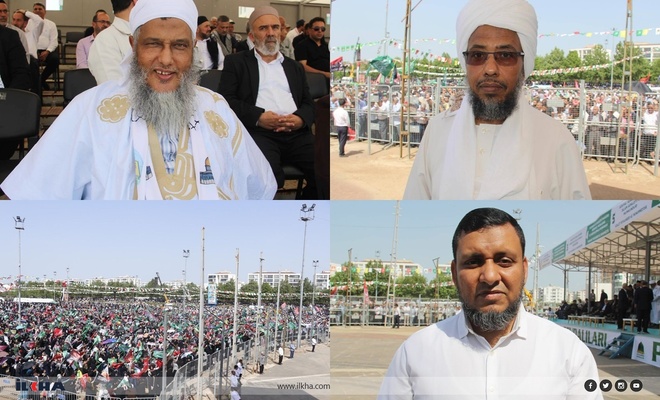
 Google News'te Doğruhaber'e abone olun.
Google News'te Doğruhaber'e abone olun. The event, which drew scholars and academicians from across the Islamic world, explored the multifaceted concept of jihad through the lens of the Prophet's life.
Several prominent scholars presented their perspectives during the event.
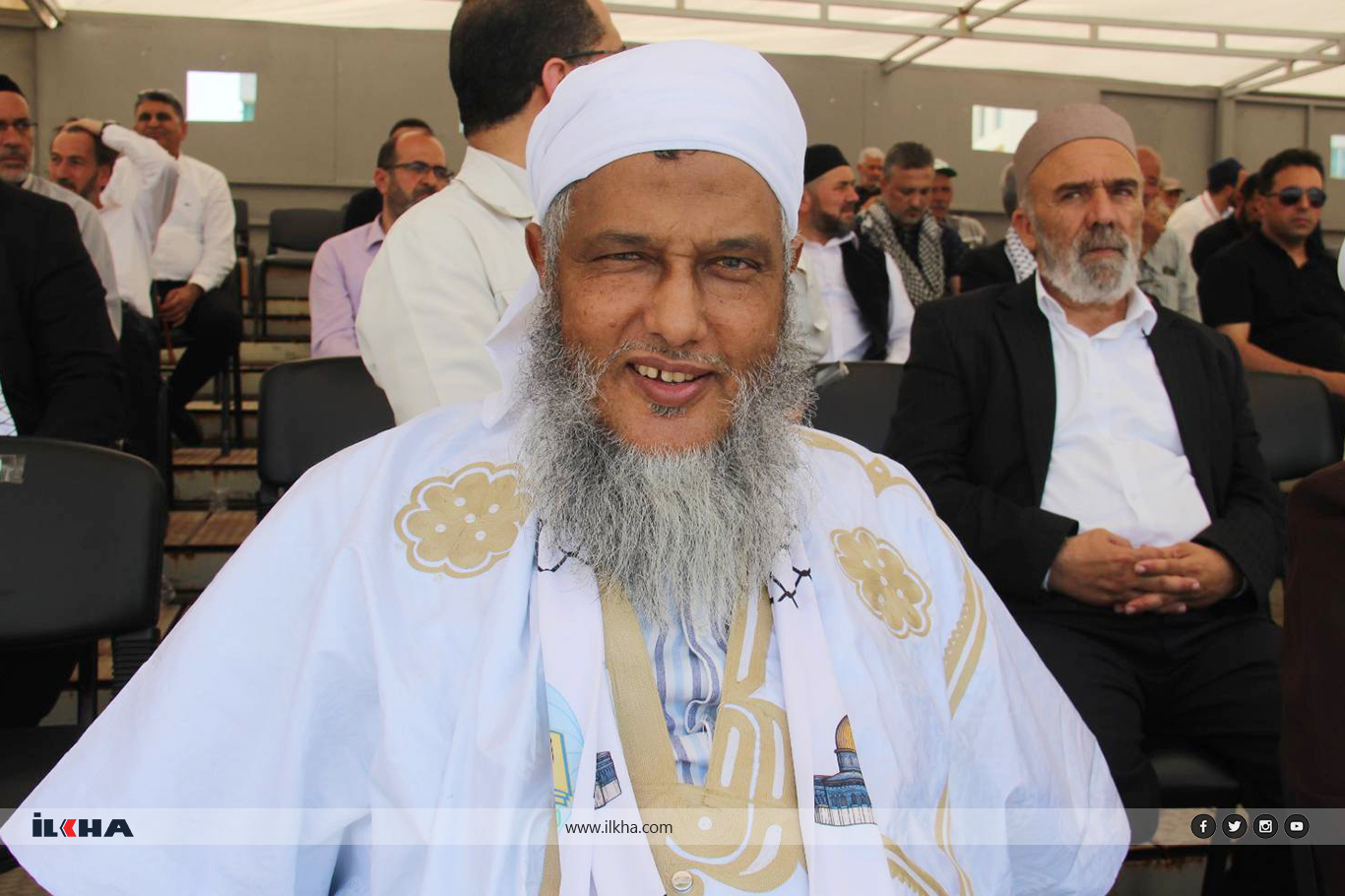
Sheikh Muhammad Hasan Ed-Dedo Ash-Shankiti
Sheikh Muhammad Hasan Ed-Dedo Ash-Shankiti, a scholar from Mauritania, emphasized the Prophet's unwavering commitment to jihad throughout his life. He cited historical examples of the Prophet's battles and bravery, underlining his dedication to defending Islam. Shankiti also stressed the Prophet's financial sacrifices in the cause of Allah.
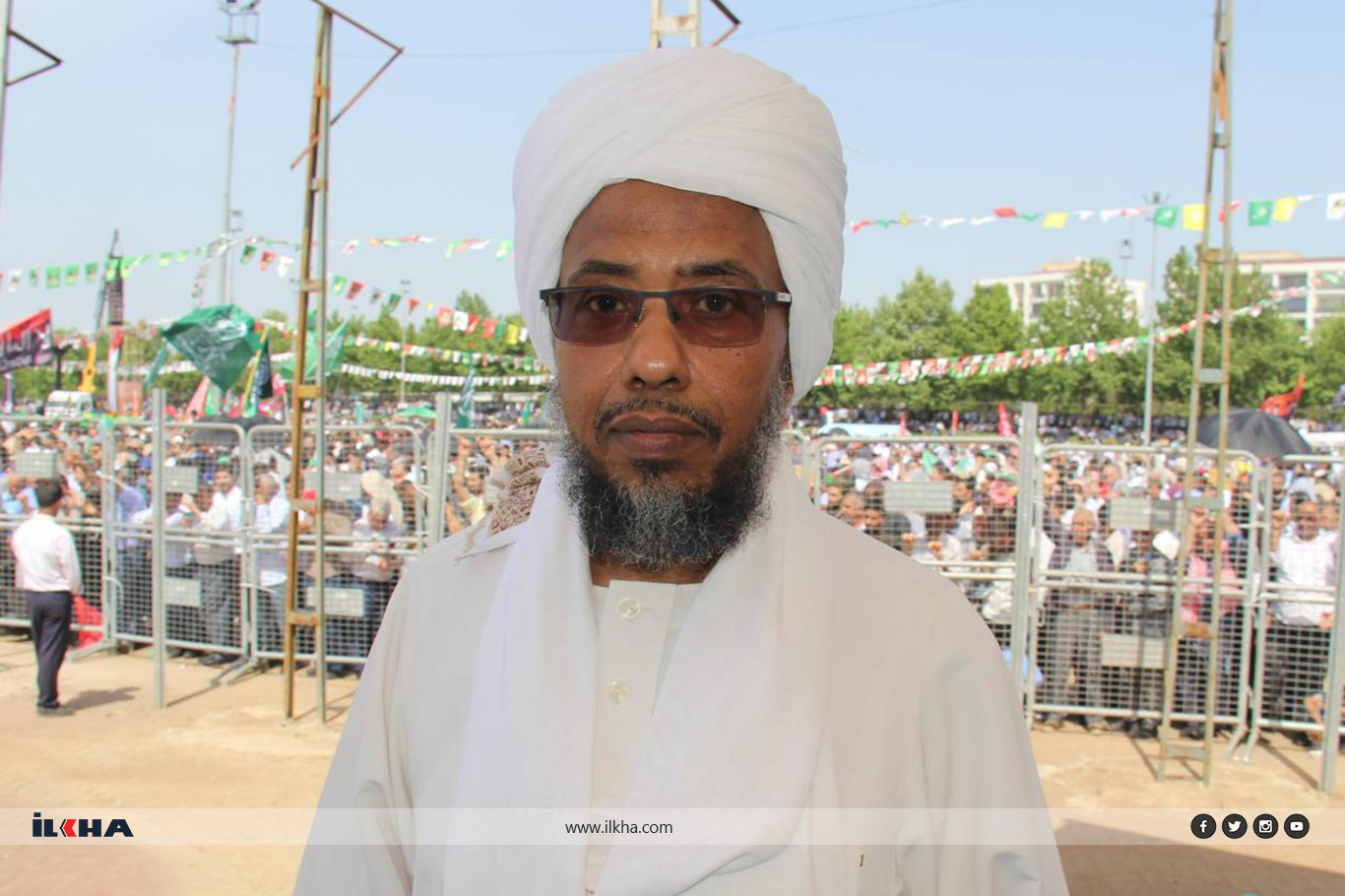
Abdulhay Yusuf
Abdulhay Yusuf, a Sudanese scholar, offered a broader understanding of jihad. He explained that the Prophet's jihad encompassed not only external struggles against enemies but also internal struggles against one's own desires (nafs) and the influence of Satan. Yusuf highlighted the Prophet's role as the "first mujahid" (warrior) of Islam and his participation in numerous expeditions for the defense of the faith. He also touched upon the Prophet's martyrdom by poisoning.
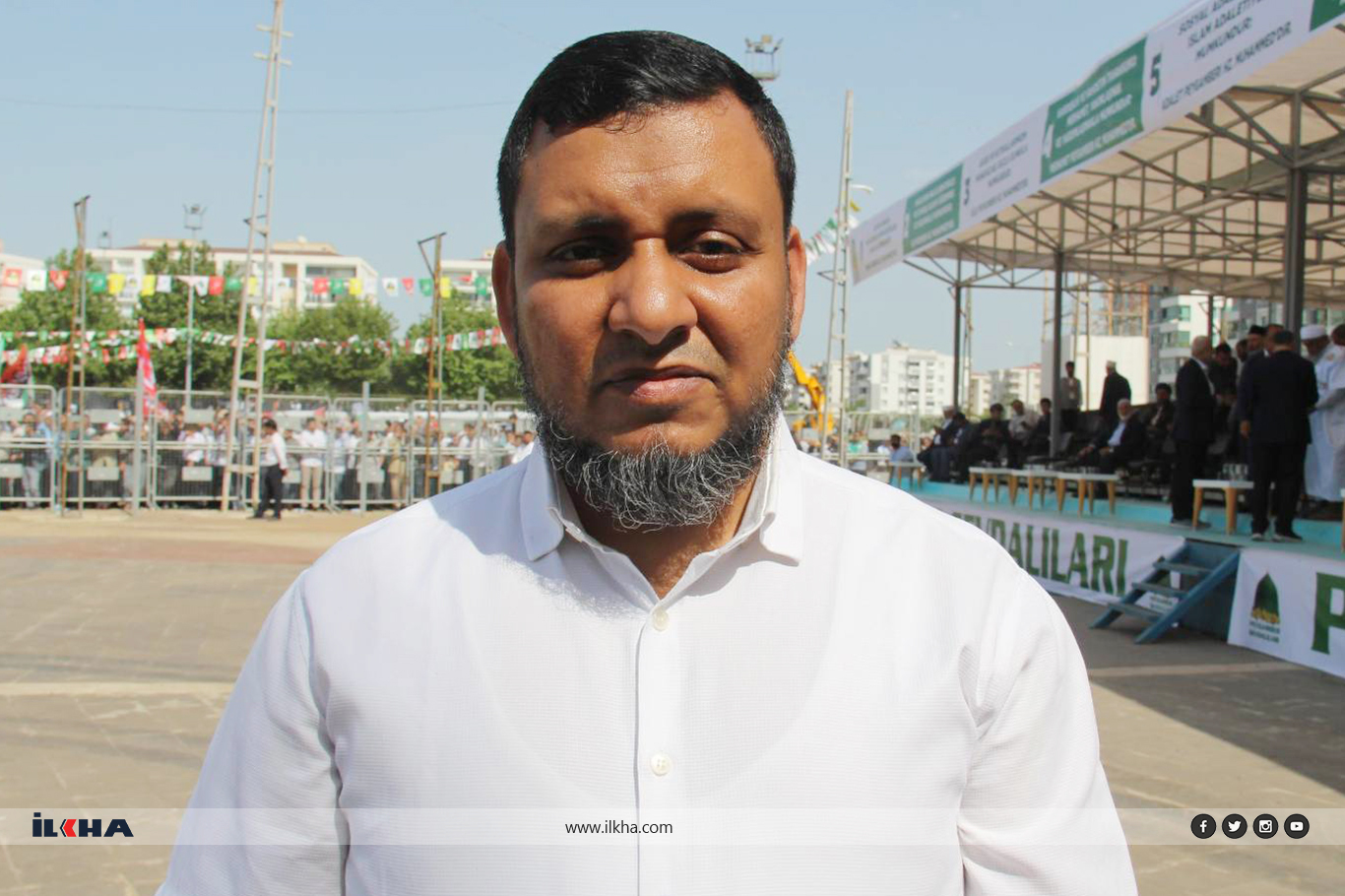
Muhammad Ilhami
Muhammad Ilhami, an Egyptian researcher specializing in Islamic history and civilization, focused on the Prophet's leadership qualities in jihad. He emphasized the Prophet's strategic prowess, evident in the establishment of a powerful Islamic state within a decade. Ilhami pointed out that while the Prophet participated in numerous wars, his physical presence was not always necessary – a testament to his leadership skills.
The discussions extended beyond the battlefield, highlighting the importance of unity within the Muslim community (Ummah). Scholars expressed hope that the event would inspire a renewed spirit of jihad, not just in armed conflict, but also in the pursuit of social justice and the liberation of occupied Muslim territories.

Ilhami, in particular, argued that disunity significantly hinders jihad efforts. He urged Muslims to overcome their differences and unite under strong Islamic leadership, drawing a potential parallel to the leadership currently present in Türkiye. He believes such unity would empower the Ummah to overcome challenges and reclaim control of the Al-Aqsa Mosque, a holy site revered by Muslims.
It's important to note that the concept of jihad carries various interpretations within Islam. The discussions at this event focused primarily on the Prophet's role in armed conflicts and his leadership during those struggles. However, jihad also encompasses a broader range of efforts in the way of Allah, including self-improvement, social justice work, and spreading knowledge.
The event in Diyarbakır provided a platform for scholarly discourse on the Prophet's legacy and its relevance to contemporary challenges facing the Muslim world. (ILKHA)



